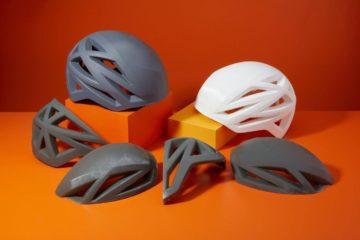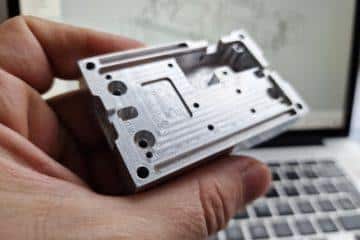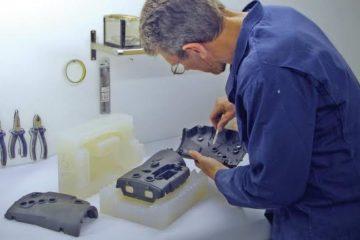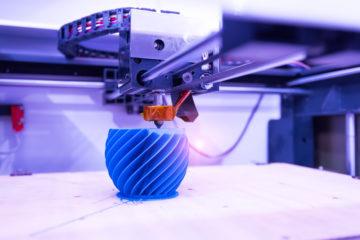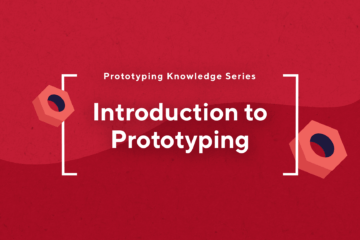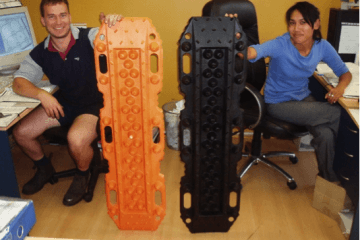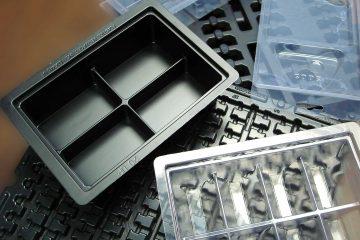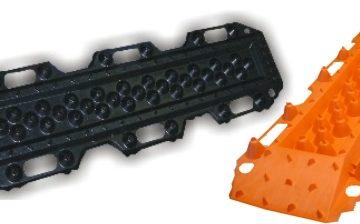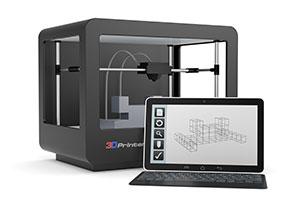
Do you have a good idea? Or have you been toying around with launching a product of your own?
There is a lot that goes into turning a good idea into a great, marketable product, and one of the early stages is trying to nail down your product niche.
Why do you need a niche?
It’s a good question. If you think you’ve got a great product, why do you need to define a specialized segment of the market?
You might not think about it in the design and planning phase and you might not even think about it once you’ve launched your product to market, but you will have to think about it weeks or months down the line when your product starts to get lost in a sea of competition. If there’s hundreds of other products like yours out there, why should people pick you?
Clearly defining your niche early on helps to ascertain if there’s a need for your product, whether you can make any alterations to your design to make it better, and also if there is enough room in the market for you to succeed and be profitable. This will in turn allow you to define your unique selling proposition which will set you apart from others.
So, what are the 4 things you can do to help find your product niche?
- Research the competition
Having competition is not necessarily a bad thing. There is never going to be an industry or product without competition. Finding your competitors also indicates that your product has potential to appeal to customers and to be profitable – others wouldn’t be pursuing it if it wasn’t the case.
On the other hand, having too much competition or an oversaturated market may mean that your product has little chance to be heard above the noise.
This is where you can decide to go in another direction, to niche down your product to appeal to a different audience to your competition. Seeing what others are doing will help you decide what you want to do and what you definitely don’t want to do.
Tip: When researching your competition, look at how they are marketing themselves, their customer reviews (if any), their price points, etc. This will help when you come to launch your product to market.
- Analyse keywords
Keywords refer to the words people use when searching online for your product or within your industry. Looking at the types of words people are using when searching around your product or when searching for a solution to their problem will give you a good idea of the specifics of what people are after, angles on the product you might not have considered, and it will also help when marketing your product.
Not only that, but keyword and market research will show you the volume of interest in your area. If there’s a low volume of searches for products like yours in your area (or where you will be selling your product), it may show a lack of demand and marketability.
Google has a great tool to find out what people are searching: Google Trends
- Test your product
At Dienamics, we always recommend testing and prototyping your product or part. Prototyping allows you to iron out any issues with function and appearance, but it also allows you to try the product and for others to provide feedback.
Any issues that you find in the prototyping process can lead to positive changes in your products design and functionality. You can also easily see if the product is going to fulfil its purpose or if you need to go back to the drawing board. This testing process makes it much easier to hone the niche and end design of your product.
- Conduct customer research
If you already have a product on the market but you’ve found that your sales are slow, it could be that it’s not meeting a specific or desired need. The more people/or problems you try to appeal to, the harder it is to define your value to your customers.
Your current or previous customers will be the best sounding board to help you hone your niche. Send them a friendly email or survey, asking them the reason they bought from you, what other products they considered, what the key problem is that they’re trying to solve, and what they thought of your product. Knowing what your customers really want will help you define your product niche and appeal to the right kind of customer.
Are you after some feedback on your product idea or design? Or are you ready for prototyping? Get in touch with us for a free brainstorming session!
Subscribe to Our Newsletter
Get the latest news from Dienamics into your inbox





